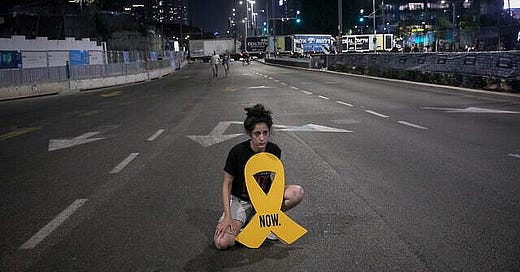Tisha b’Av isn’t about mourning the past
Why it is time to leave behind the exilic conception of the fast day and towards a national day of political action

(First published on the Times of Israel)
For thousands of years – since the Babylonians destroyed the first Temple in Judea – the Jewish People have marked the ninth day of the Hebrew month of Av, …



